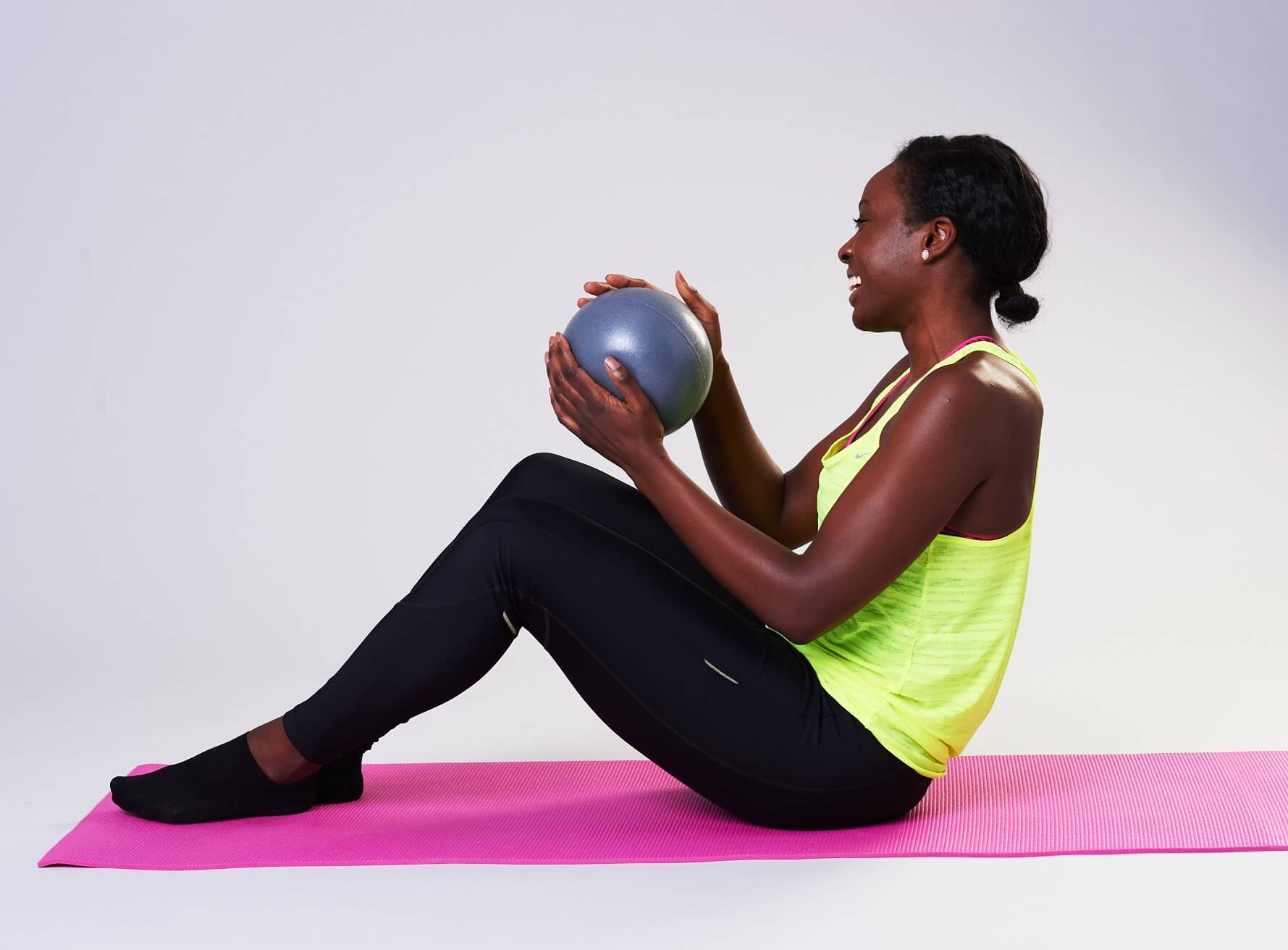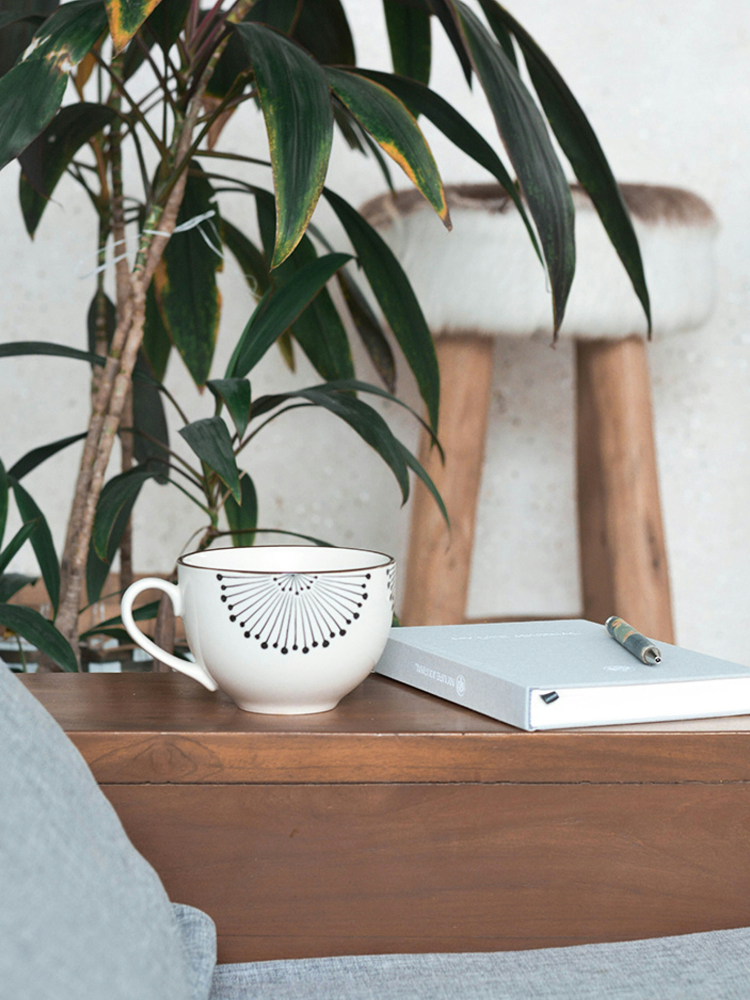Water is essential to the maintenance of life. Our bodies are around 60% water. That said, water content varies throughout the different tissues in the body. For example, blood is around 90%, muscles 75%, bones 25% and fat cells are 5% water.
Without adequate hydration, we limit our ability to transport nutrients and oxygen to various tissues (e.g muscles, brain etc). Moreover, water flushes waste products from the body. Water also has protective functions, cleanses (tears), lubricates (saliva) and it cushions our brain….And so much more!
Why Water is Important
Water plays a part in both energy production and protein synthesis. As we create energy, we produce heat. During increased energy production (e.g. during sport and exercise), we release more heat. Therefore, in order to regulate body temperature, we sweat. As sweat evaporates, heat is removed from the body’s surface. If we don’t replace this water, we run the risk of becoming dehydrated. This will effect every cell in the body (every cell). Leaving us feeling weak, fatigued and at risk of an electrolyte imbalance (more on this in a later post).
How much water?
Depends who’s asking. At least 2 litres. However, I invite you to go by the colour of your urine. It should be lightly coloured / golden, like a prosecco (sorry!). If it’s dark yellow or brownish, you need to up your H2O game. On the other hand, you don’t want to be guzzling down water to the point where you’re frequently passing colourless urine. As this can be dehydrating in itself (and possibly disrupt your nutrient balance).
3 easy ways to stay on top of your water game:
-
Carry a water bottle around with you. This makes it easier to monitor your intake
-
Eat raw fruits and veggies as these have a high water content
-
Jazz things up! Make your water more palatable by adding chopped fruit, mint, cucumber or ginger.




